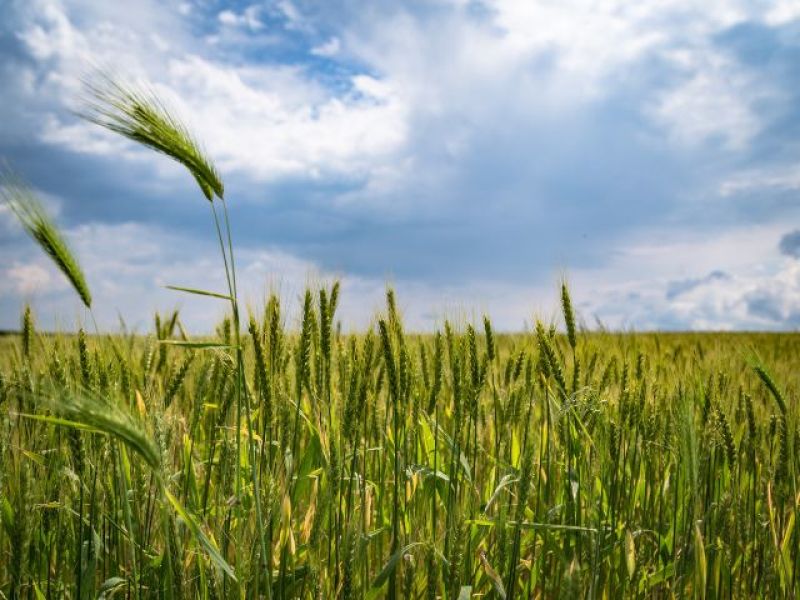
The United Methodist Church has granted $3.5 million in agriculture subsidies for African conferences to become less reliant on Western money, generating sustainability resources among the churches.
Christianity Today reported that money grants were being directed to Bishop Yambasu Agricultural Initiative (BYAI), a project named after John K. Yambasu who died in a car accident two years ago in Freetown, Sierra Leone. BYAI had distributed three million dollars to fund projects in a dozen regional church conferences.
Roland Fernandes, general secretary of Global Ministries and United Methodist Committee on Relief, said the overall purpose of this program was to help their annual conferences in Africa to become financially self-sustaining. The project became stable under the leadership of Fernandes two years ago after its launch in 2018.
The program sponsored farming initiatives like rice fields and beekeeping in Liberia; fish farms in Ivory Coast; maize, cassava, and cattle in Angola; and pigs and market gardens in Mozambique. The success of the program generated them to double the investment, making it one of the flagship programs for the past two years, Fernandes said. "Africa is a big focus for us as an agency," he added.
Re-designing Financial Paradigm
African Methodists have an increasing concern about their reliance on Western donations, as the United Methodist Church has been at odds over theology on sexuality and marriage. They were supporting the traditionalists who believed in God's will about sexuality and marriage between men and women. However, traditionalists wanted to lessen their donations due to impending division.
Despite that, Fernades reiterated that Global Ministries were just helping them, but the project belonged to the local conferences, noting that they have "mutuality in mission."
According to an agricultural consultant in Sierra Leone, Kepifri Lakoh, more than 70% of the funds for African conferences originate from the West. He said the financial approach wasn't long-term viable, making Bishop Yambasu think of an idea that would generate income sustainability in the churches.
Also Read: Pastor Warns Of Global Food Crisis From Russia-Ukraine Conflict
Yielding Positive Farming Results
Lakoh said they just started to try a new approach of engagement with Global Ministries, but they generated income from crops in Sierra Leone, then they added it again into the business. Different conferences were at various stages of the funding application procedure and different types of farming were applied. Though the project was in its early stages, it has shown encouraging results.
Seeds were purchased with funds collected from the first round of funding in Sierra Leone's Moyamba and Pujehun districts, which are among the poorest in the country. The revenues from the first rice crop were reinvested in the second cycle to increase production and pay for seeds, gasoline, and a tractor driver's salaries. Global Ministries hoped to see farming operations scaled up and marketed throughout its conferences in West, East, and Southern Africa.
Lakoh said they have to ensure a harmonious relationship between the conferences and the community to project positive outcomes for the project.
Local communities will benefit from lower-cost inputs for their crops as well as job opportunities on the church-run farms. Lorraine Charinda, a Zimbabwean missionary and project coordinator, said their production of Soya and Maize seeds contributed to planting on 12 church farms and generated sales surrounding the community of Haut-Lomami province in Kamina where she was based.
Related Article: UMC Homosexuality Debate Pushing 35 Arkansas Churches To Depart From Denomination

















